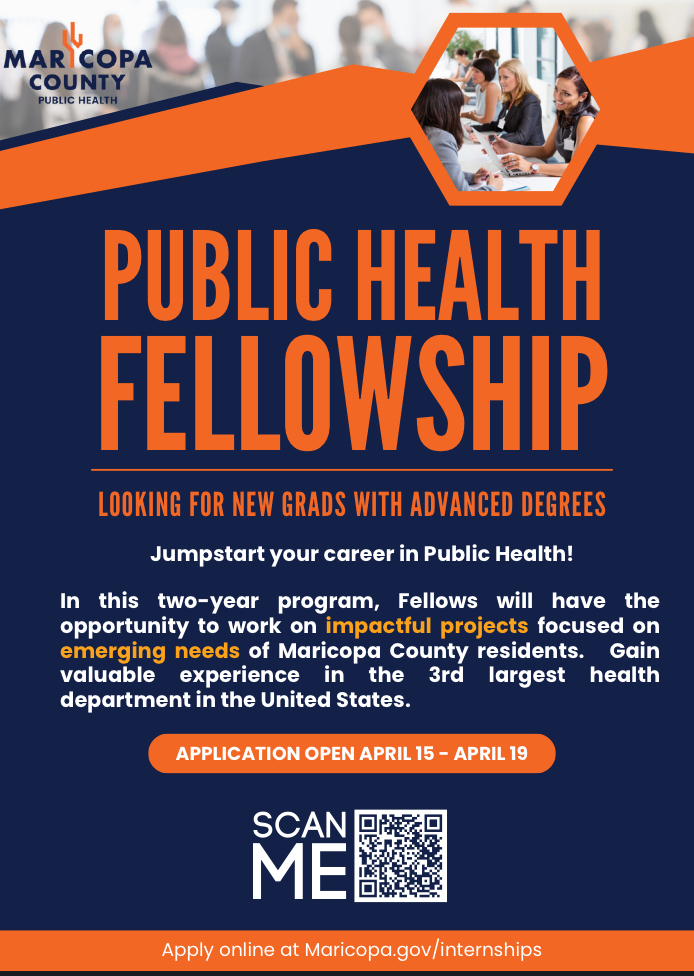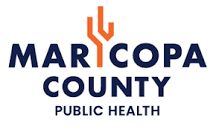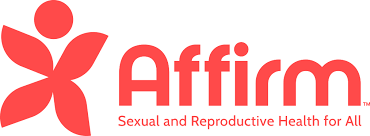The U.S. Bureau of Alcohol, Tobacco and Firearms filed a final administrative rule last week eliminating the ‘gun show loophole’ – which up until now has allowed sales of guns without background checks of guns at ‘gun shows’ (sales that occur outside of regular retail stores).
The rule was issued under the new authority given to ATF as part of the ‘2022 Bipartisan Safer Communities Act’. It requires that anyone who sells guns for profit to have a license and that buyers be subject to a background check, including at firearms shows and flea markets.
The gun show loophole has allowed unlicensed gun dealers to sell firearms without background checks at gun shows, on the internet and out of their homes.
ATF expects the new rule will affect “tens and tens of thousands of gun sales” each year.
In an assessment of its gun trafficking investigations (2017 to 2021) ATF identified sales by unlicensed dealers as the most frequently used gun trafficking channel.
The final rule:
- Eliminates the ‘gun show’ loophole;
- Lists the types of commercial activity requiring a person to be a licensed dealer and run background checks;
- Prevents people from evading the licensing and background check requirements by claiming that they are just selling a few guns;
- Prevents people from falsely claiming that guns are part of a personal collection in an attempt to evade the law; and
- Closes the ‘fire sale loophole’ – business inventory can no longer be transferred to a person’s personal collection after a license is revoked.
Enforcement of the law will be by the US Justice Department and ATF. States won’t be formally involved in enforcement of the provisions.






